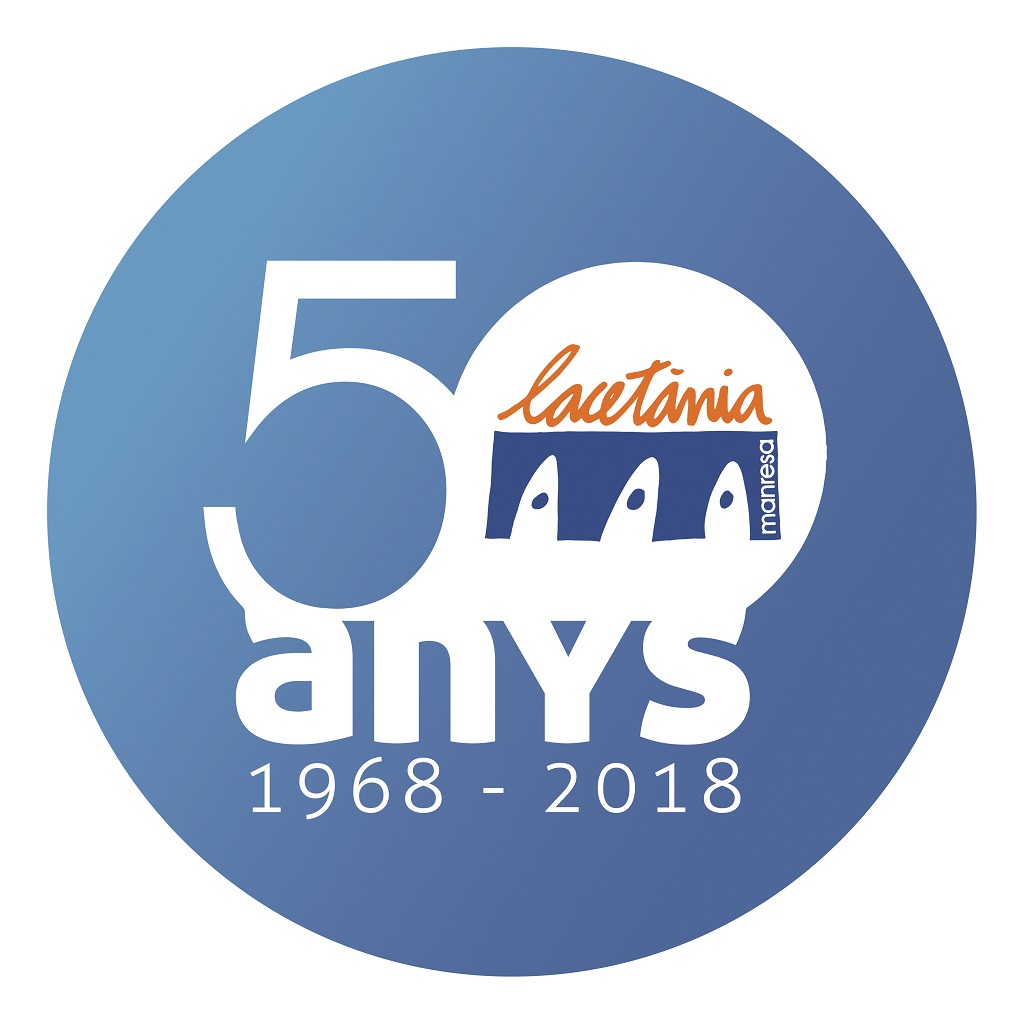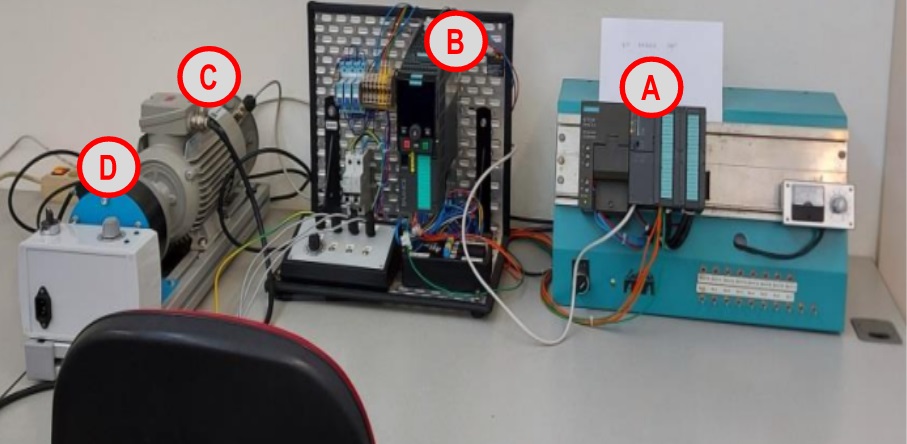The Industry 4.0 topic has also become relevant in educational and training organizations throughout Europe. For example, the implementation of this topic in the vocational training system has been much debated in Germany, mainly due to the creation of knowledge factories in Baden-Wuerttemberg. The INDI 4.0 project (Industrial Interaction 4.0) is designed to be a platform for ideas and proposals among European partner organizations. You can reach the website of the project following the link below:
The aim of the project INDI 4.0 was as a first step, to introduce the young learners to Industry 4.0 and to bring it to life in their learning cycle. In the second step, competencies and skills selected were imparted, which are up-to-date and useful in both Industry 4.0. In communicating knowledge, great importance has been placed on providing learners with the requirements of lifelong learning in the rapidly evolving industry that throws contents up to date and that uses modern methods and techniques.
The Erasmus + project INDI 4.0 involves three vocational schools in the field of automation technology (Germany, Spain and Portugal), as well as the company Pilz, which is active in the field of safety technology and has developed an Industry 4.0 demonstration plant. As a result interactive lesson plans are available, which are used in the implementation of the Industry 4.0 topics at schools and in training.
Furthermore, methods and tools are shown, which are used in the design to guide and support similar lesson plans. The results can be found on the project’s own website.
Institut Lacetània and Centre de Formació Pràctica (CFP) was assigned on the development of a remote lab, to allow students to learn through complex active learning techniques from home and is currently available on the Project’s moodle (enter as a guest). To achieve this goal we have done:
- A practical guide for all instructors, instructional designers, and online learning administrators designing, developing, teaching, and leading online, hybrid and blended learning courses and programs, who seek to provide supportive, engaging, and interactive learner experiences.
- A method to allow students to carry out laboratory practices entirely remotely from the home of each student, only being necessary for a previous period of work in the classroom for the preparation and interconnection of equipment, so that they are remotely accessible.
- Explore the integration of active and experiential learning approaches and activities including simulations, project-based learning and scenario-based learning as they relate to the development of authentic skill-building, communication, problem solving, and critical-thinking in learners.
An example of the project can be seen here.
Remote Lab in School
Student controlling the remote lab from home
Partners:






Comentaris recents